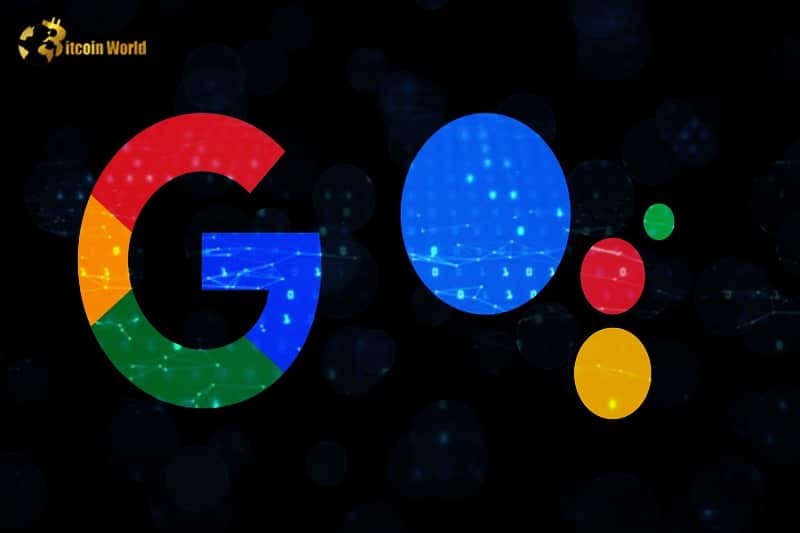Google has just unveiled exciting news: they plan to integrate their browser-based AI program, Bard, into Google Assistant devices in the near future.
According to a recent social media post by the development team on October 4th, Google Assistant is set to receive a significant upgrade by incorporating Google’s own artificial intelligence chat service, Bard, into its functionality. This move aims to enhance the capabilities of Google Assistant significantly.
Google Assistant, known for its utility in Google Home devices like Nest Mini and Nest Hub, as well as its presence on Android phones and tablets, is about to get a major boost from Bard. Bard, on the other hand, is Google’s web-based AI chat program, designed to rival OpenAI’s ChatGPT.
Bard, being a newer addition to Google’s AI repertoire, boasts a wide range of capabilities that Google Assistant currently lacks. For instance, it can effortlessly generate a cover letter for a resume, write computer code, compose essays, tackle intricate questions about history or mathematics, and perform various other advanced tasks based on user prompts. In contrast, Google Assistant primarily handles simple queries and commands.
On the same day of their social media announcement, Google presented the latest upgrades to Bard Assistant during its public event, Made by Google. According to reports from ZDNet, one of the standout features is Bard Assistant’s ability to access a user’s email with permission, enabling it to sift through the user’s inbox and provide insights. Moreover, it can assist in vacation planning, create documents using Google Docs, and even compose SMS text messages. Remarkably, it can accept image inputs, allowing users to upload images and request Bard Assistant to generate captions. While Google didn’t specify an exact release date, they confirmed that it is currently undergoing rigorous testing.
Google has been fervently rolling out AI advancements to stay competitive with industry giants like OpenAI and Microsoft. They initially launched Google Bard in select countries on May 10 and subsequently expanded access to European Union member states on July 14, despite the EU’s stringent AI regulations. Nonetheless, it’s worth noting that Bard is still a work in progress, as evidenced by occasional issues, such as recommending non-existent hotels, as reported by Cointelegraph in June.















